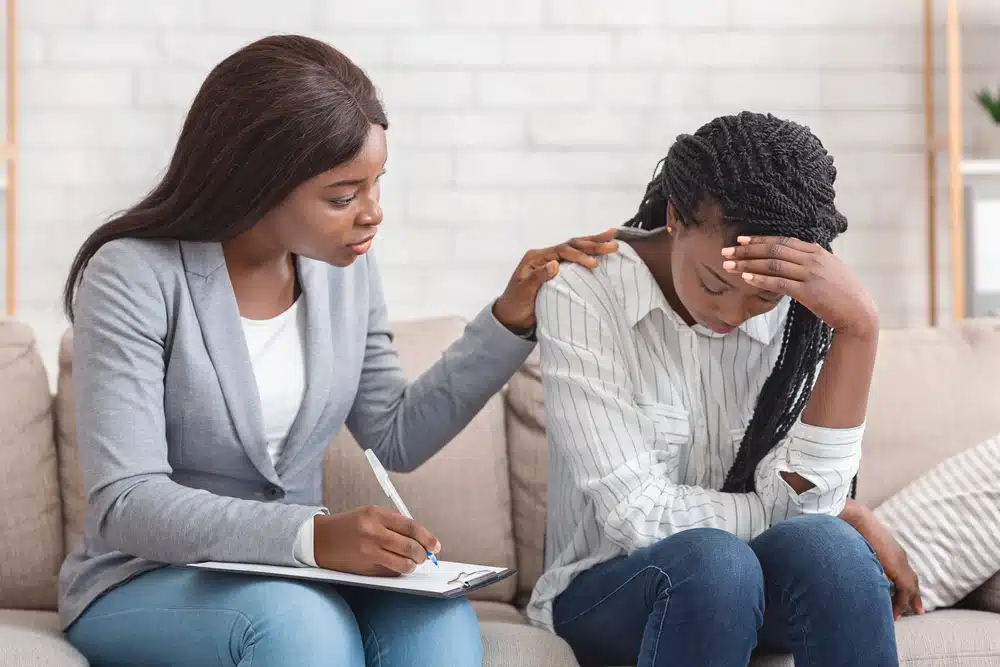24/7 Helpline:
(866) 899-221924/7 Helpline:
(866) 899-2219
Learn more about Group Therapy centers in Union County
Group Therapy in Other Counties

Other Insurance Options

Access to Recovery (ATR) Voucher

Amerigroup

Optima

Multiplan

MHNNet Behavioral Health

Choice Care Network

WellPoint

Holman Group

Self-pay options

Lucent

UMR

MVP Healthcare

CareSource

Sutter

BlueCross

Ceridian

Humana

Aetna

AllWell

BHS | Behavioral Health Systems

Meridian – Union County Clinic
Meridian Union County Clinic offers outpatient treatment for individuals with alcohol and/or substan...






































